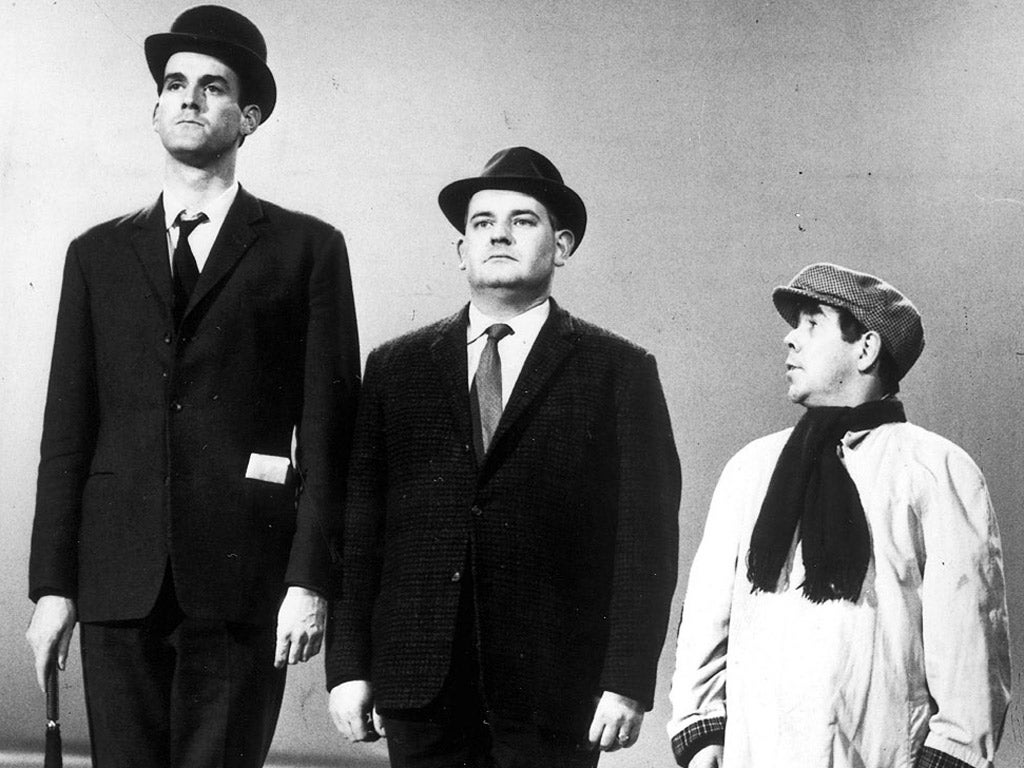Short men are likely to live longer because they carry the 'longevity gene', scientists reveal
Study reveals link between long life and ‘longevity gene’ for first time in humans, and it appears much more in short people

Short men will live longer than taller people because they are more likely to carry a gene that protects them from the effects of ageing, scientists have revealed.
The so-called “longevity gene” FOXO3 has been proven to enhance lifespan in animal tests but has never before been linked to variations in height in humans.
A new scientific study, the largest of its kind and involving more than 8,000 aging American-Japanese men in Hawaii, conclusively showed a direct connection between short height and long life.
FOXO3, they found, leads to smaller body size during early development and a longer lifespan overall. Short men were also more likely to have lower blood insulin levels and less likely to get cancer.
“This study shows, for the first time, that body size is linked to this gene,” said co-author and University of Hawaii professor Bradley Willcox.
The scientists split their test subjects into two groups, those 5ft 2ins and shorter and those 5ft 4ins and taller, and found that there was a clear divide in how long each lived.
There was also no clear cut-off point at which point being even taller stopped you living any shorter, or vice versa. Dr Willcox said: “The folks that were 5-2 and shorter lived the longest. The range was seen all the way across from being 5-foot tall to 6-foot tall. The taller you got, the shorter you lived.”
Previous studies have linked height to longevity in humans, but these have typically involved much smaller sample groups and a range of explanations based on things like higher heart-pumping efficiency and a greater potential for cell replacement.
The Hawaii study started in 1965 with 8,006 American men of Japanese ancestry born between the years 1900 and 1919, whose lifestyles and health conditions have been closely followed over the years.
Around 1,200 men from the study lived into their 90s and 100s, and just 250 of those men are still alive today.
The research has been published in the scientific journal Plos One, and was funded in part by the US National Institute on Aging.
Dr Willcox noted that despite the team’s findings, height only makes up part of an individual’s longevity profile. He said that their study should not be seen as having a cut-off point because “no matter how tall you are, you can still live a healthy lifestyle”.
Join our commenting forum
Join thought-provoking conversations, follow other Independent readers and see their replies
Comments
Bookmark popover
Removed from bookmarks